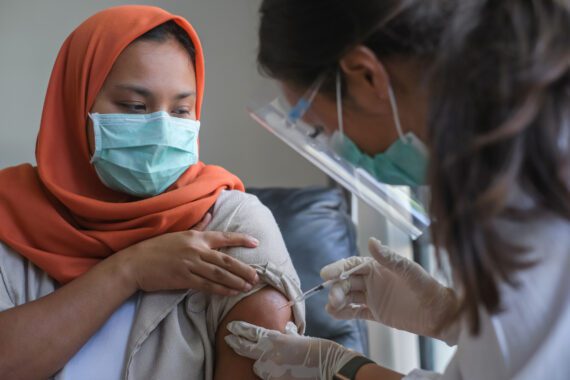Washington, D.C. – On Thursday, Feb. 27, the Alliance to End Hunger and healthcare industry leader ProMedica will host a summit in Washington, D.C., to address hunger as a health issue. Titled “Come to the Table,” the event will draw 200 registrants, including more than 30 members of Congress, to Capitol Hill to strategize actionable, effective ways to end hunger.
“In one of the world’s wealthiest nations, hunger is not only preventable and morally unacceptable; it is expensive, resulting in hundreds of billions of dollars in healthcare costs each year,” said Rev. David Beckmann, president of Bread for the World. “We applaud ProMedica and the Alliance to End Hunger for bringing this issue to the forefront and holding lawmakers and private industry responsible for finding solutions.”
Nearly one in six U.S. households faces hunger, and studies have shown long-term health consequences from hunger. Healthcare reform has motivated healthcare providers to place more of an emphasis on prevention and wellness, and preventing hunger is tantamount. As featured in Bread for the World Institute’s 2014 Hunger Report: Ending Hunger in America, ProMedica has set out to recast hunger as a healthcare priority, on par with fighting illnesses like diabetes, heart disease, and cancer.
The purpose of Thursday’s event is to persuade more lawmakers and healthcare industry leaders to champion anti-hunger initiatives by making connections among reducing hunger, improving health outcomes, and lowering healthcare costs. In an effort to form creative, effective collaborations and encourage federal legislation to protect anti-hunger programs, Beckmann will join other experts in speaking on hunger and health, including Kevin Concannon, Under Secretary, U.S. Department of Agriculture; Deborah Frank, M.D., Professor of Child Health and Well-Being, Boston University School of Medicine, and Founder of Children’s Health Watch; Ken Thorpe, Chairman, Partnership to Fight Chronic Disease; and Ravi Sachdev, Managing Director, Healthcare Coverage, J.P. Morgan.
“U.S. hunger is a far-reaching problem that we believe must be confronted from multiple angles, with healthcare organizations, social service agencies, and government leaders all working together,” said Randy Oostra, D.M., FACHE, President and Chief Executive Officer of ProMedica. “This summit, part of our Come to the Table advocacy initiative, is the next of many steps in achieving this collaborative effort nationally.”



